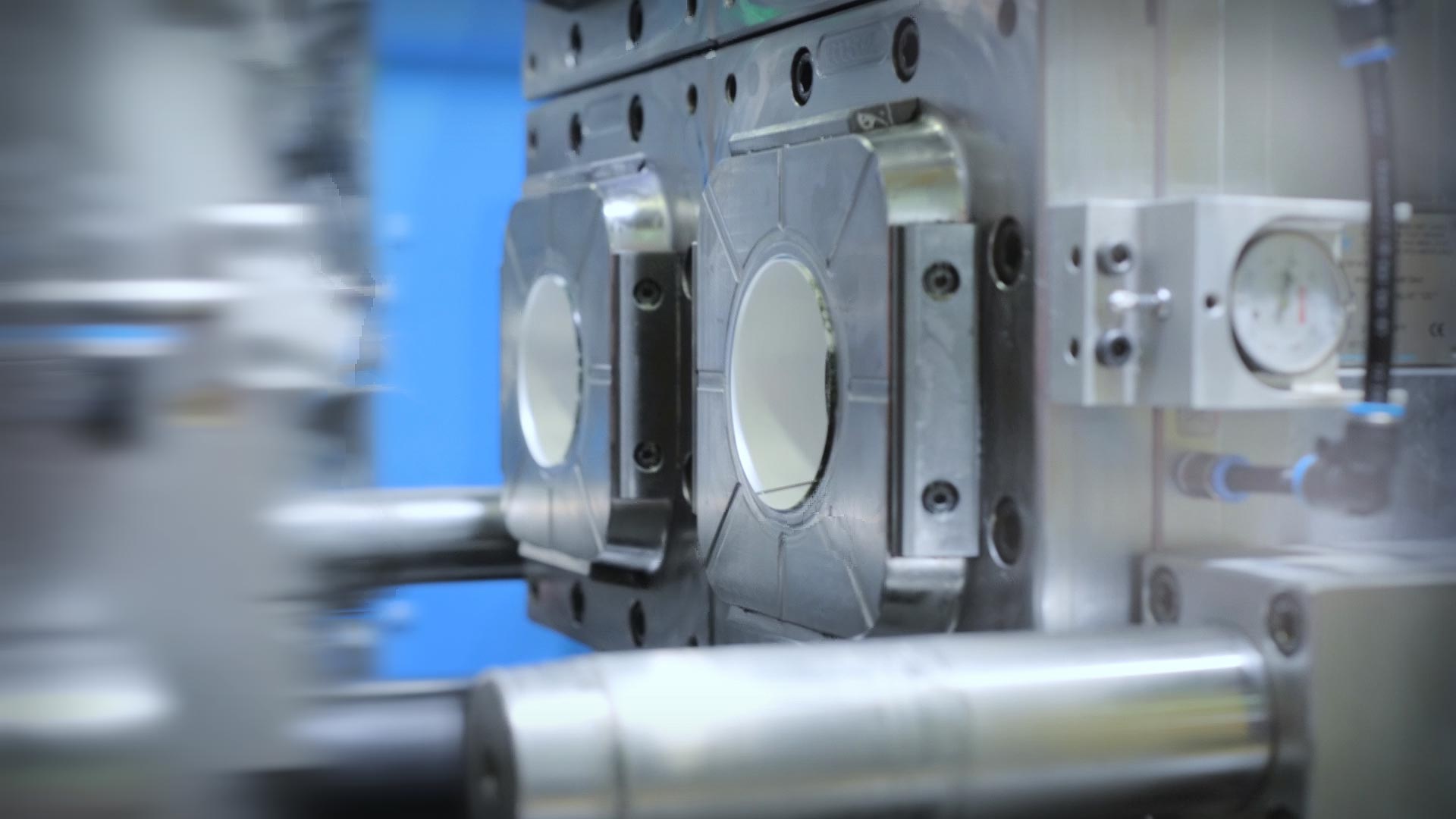In the fascinating realm of modern manufacturing, plastic injection machines have emerged as pivotal tools for the efficient and precise production of a wide variety of products. These machines have revolutionized how plastic components are molded and created, delivering substantial benefits in terms of speed, precision, and versatility. In this article, we will take an in-depth look at plastic injection machines and their impact on the manufacturing industry.
- Operating Principle: Injecting Innovation into Manufacturing
At the core of a plastic injection machine is its injection system. This process begins by feeding plastic pellets into the machine, where they are melted by heaters. Once the plastic is in a liquid state, it is injected at high pressure into a mold designed specifically for the final product. After a brief cooling period, the mold opens to reveal the molded plastic part, ready for use. This fast and efficient method has replaced many traditional manufacturing techniques, enabling higher production volumes in less time. - Wide Range of Applications: From Toys to Automotive Components
One of the most notable features of plastic injection machines is their versatility. They can produce an extensive array of products, ranging from toys and packaging to automotive components and medical devices. The ability to mold plastics into complex and detailed shapes has led to the widespread adoption of these machines across diverse industries, spurring innovation and efficiency in plastic product manufacturing. - Automation and Precise Control: Efficiency at Every Stage
Automation is an integral component of modern plastic injection machines. Automated systems regulate the precise dosing of plastic pellets, melting temperature, injection pressure, and other critical parameters. This automation not only boosts efficiency but also guarantees consistent quality in each piece produced. Advances in control technology have further increased precision and customization in the injection process. - Sustainability and Recycling: A Comprehensive Approach
In a world increasingly focused on sustainability, plastic injection machines have also evolved to address environmental concerns. The industry has adopted practices such as using recycled plastics and streamlining processes to reduce waste. Furthermore, the ability to produce lightweight, durable parts enhances resource efficiency and cuts carbon footprints when compared to other materials. - Challenges and the Future: Ongoing Innovation in Plastic Manufacturing
Despite their numerous advantages, plastic injection machines face challenges like plastic waste management and the need for more sustainable solutions. Ongoing research and development aim to tackle these issues by exploring biodegradable materials and more efficient production methods. Collaboration among industry, academia, and innovators is vital to ensuring a future in which plastic injection machines remain a driving force for sustainable innovation.
Conclusion
Plastic injection machines have transformed modern manufacturing, delivering unparalleled speed, precision, and versatility. Their capacity to produce a broad range of products has spurred remarkable progress across multiple industries. Nevertheless, addressing environmental challenges linked to plastic requires the continued evolution of these machines and the adoption of more sustainable practices. In the end, plastic injection machines remain key players in 21st-century manufacturing, shaping the future of efficient and responsible production.

